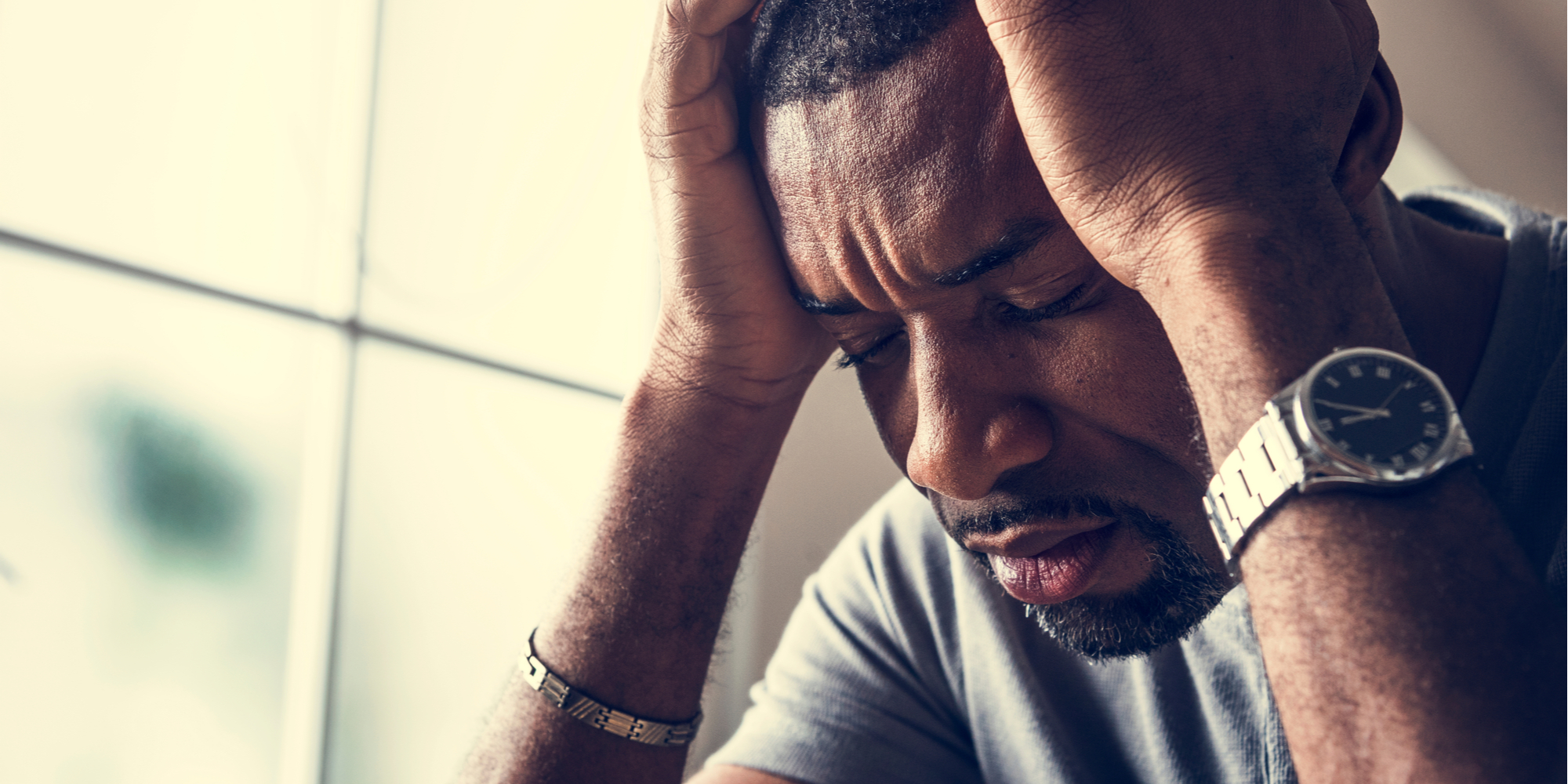Depression is one of the many mental health conditions that impact millions of people around the world. In the United States alone, approximately one out of every 10 adults experiences the symptoms of depression.
This article will tell you exactly what you need to know about depression, the different types of this disorder, the symptoms of depression, and, most importantly, which treatments can help you or your loved one to heal from this challenging medical condition.

As shown above, depression is incredibly common in the United States. However, many people still don’t know exactly what depression is or the dangers it can cause. Here are some facts about depression that you might not have known:
1. Depression is a mood disorder.
This means that the condition affects your mental wellness and emotional stability. Mood disorders are often caused by hormone or chemical imbalances within your brain.
2. Certain risk factors can contribute to you developing depression.
According to the National Institute of Mental Health, there are certain risk factors that can contribute to you or a loved one developing depression. This includes biological risk factors, such as a family history of mental illness. Additionally, environmental and psychological risk factors might contribute to your risk of experiencing depression. Going through traumatic events increases the risk of depression as well.
3. People with depression often have co-occurring mental disorders or another medical condition.
Depression often goes alongside other mental illnesses and/or medical conditions. For example, people who have bipolar disorder typically also have depression because of the imbalance of chemicals in their brain.
Substance abuse also goes hand-in-hand with depression. Alcohol, for example, is a depressant that can make your symptoms of depression more severe.
Moreover, having chronic illnesses, disabilities, and other medical conditions can often cause periods of depression.
4. Depression can be chronic.
Unfortunately, depression cannot always be “cured.” This is a mental health condition that can return. However, this is exactly why it’s important to seek treatment for depression—once you have the skills to cope with the mental illness symptoms, you can continue to use them even if your symptoms do not vanish entirely.
5. Depression can be deadly when left untreated.
One of the scariest and deadliest consequences of depression is suicide. The CDC states that suicide “is the 10th leading cause of death in the U.S. and the 2nd leading cause of death among people aged 15 – 34.” In short, mental health treatment can be life-saving.
Symptoms of depression can range in severity from mild (some periods of sadness or loneliness) to severe (suicidal ideation and feelings of hopelessness). People experience physical, emotional, and mental health symptoms with this mental illness. If you suspect that you or a loved one might be depressed, there are some common symptoms to watch out for.
These symptoms of depression include:
People experiencing suicidal thoughts should seek crisis care immediately. Please know that depression can be treated with a variety of approaches and therapies, and you are not alone in this fight.
Did you know that there are different types of depression that affect people all around the country? Here’s a breakdown on the main types of this mental health condition:
Treatment for these different types of depression can vary depending on what you need and what other diagnoses you have that also need to be addressed.


There are many different ways to treat depression. You might be familiar with talk therapy, which includes individualized sessions with a trained mental health professional, such as a licensed counselor or social worker. Talk therapy can be extremely helpful in assisting you to recognize harmful self-talk and toxic feelings so that you can begin to change them for the better.
Group therapy and family therapy can also be helpful in creating a support system of people who will have your back as you work toward recovery. Some mental health treatment centers also combine talk therapy and medication evaluation. Remember, depression is a chemical imbalance in your brain—sometimes, medication can help to foster that balance of chemicals that your body needs.
In more severe cases, doctors will administer electroconvulsive therapy. In modern days, this process is medically supervised and done in a safe environment.
Most importantly, if you have a co-occurring substance use disorder, treatment for depression should also include therapies to recover from the additional mental illnesses. You are not just working to treat depression in these instances. Instead, you are working to create systemic healing for your physical, emotional, and mental health.
We believe that understanding and destigmatizing depression are the first steps toward recovery. At Port St. Lucie Hospital, we use only the best methods to treat mental disorders, including:
Having mental health issues is nothing to be ashamed of, and we are here to help you through these challenging times. Give us a call at (772) 238-7734 or fill out our confidential contact form to learn more about how we treat depression and how you can find recovery today.














































